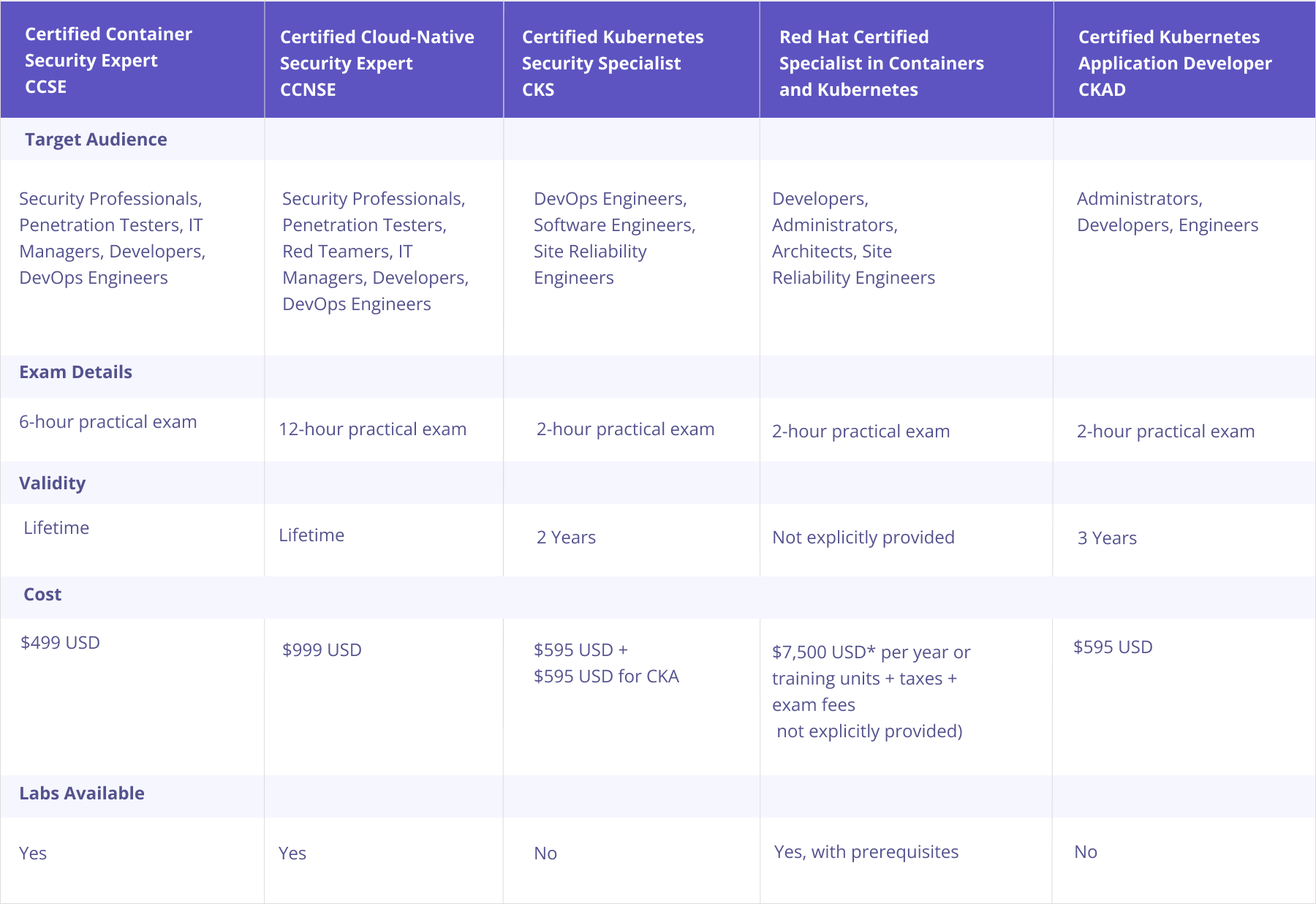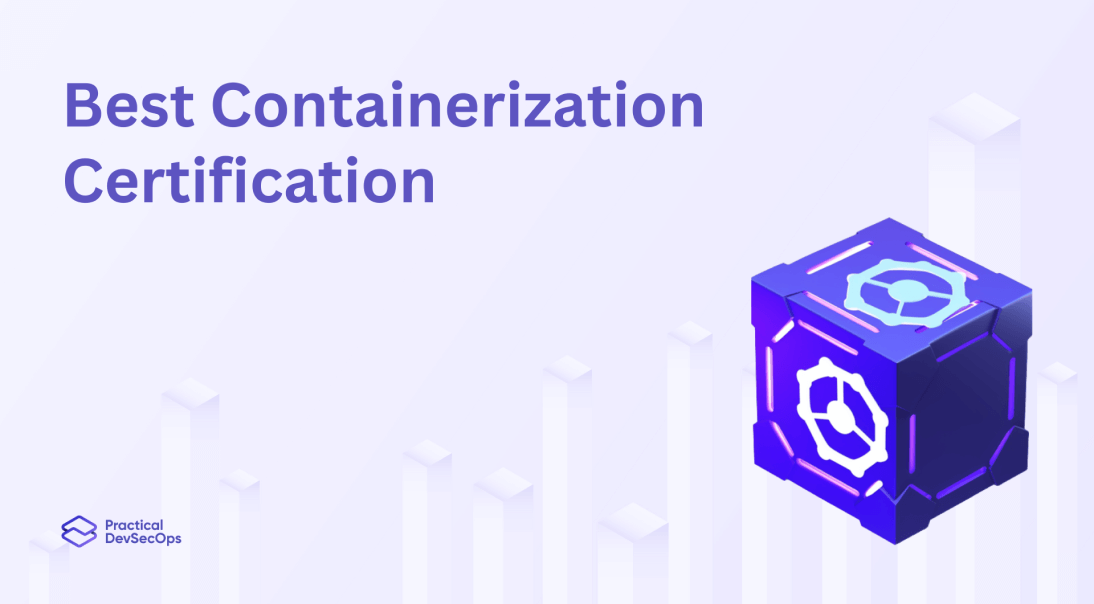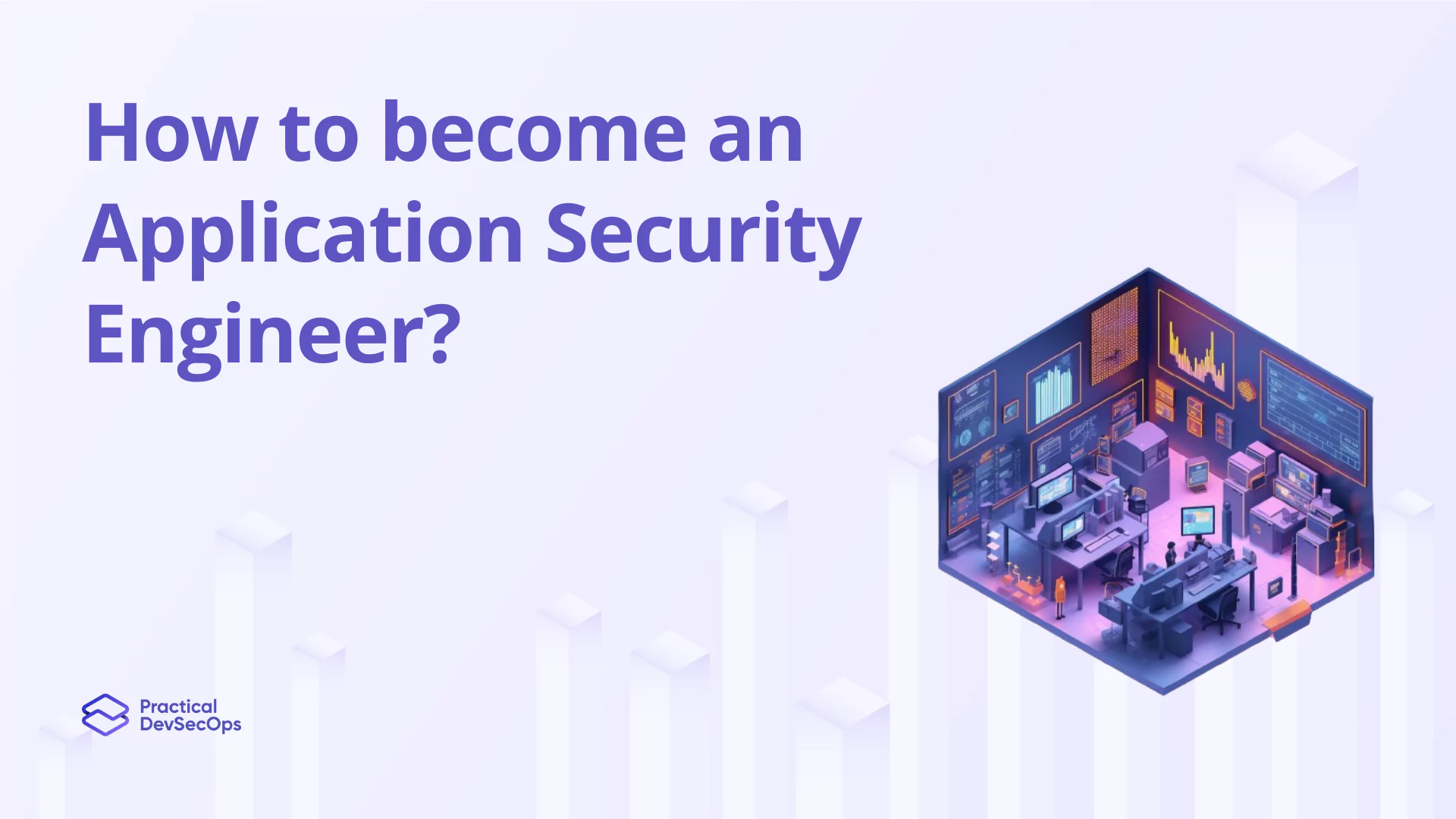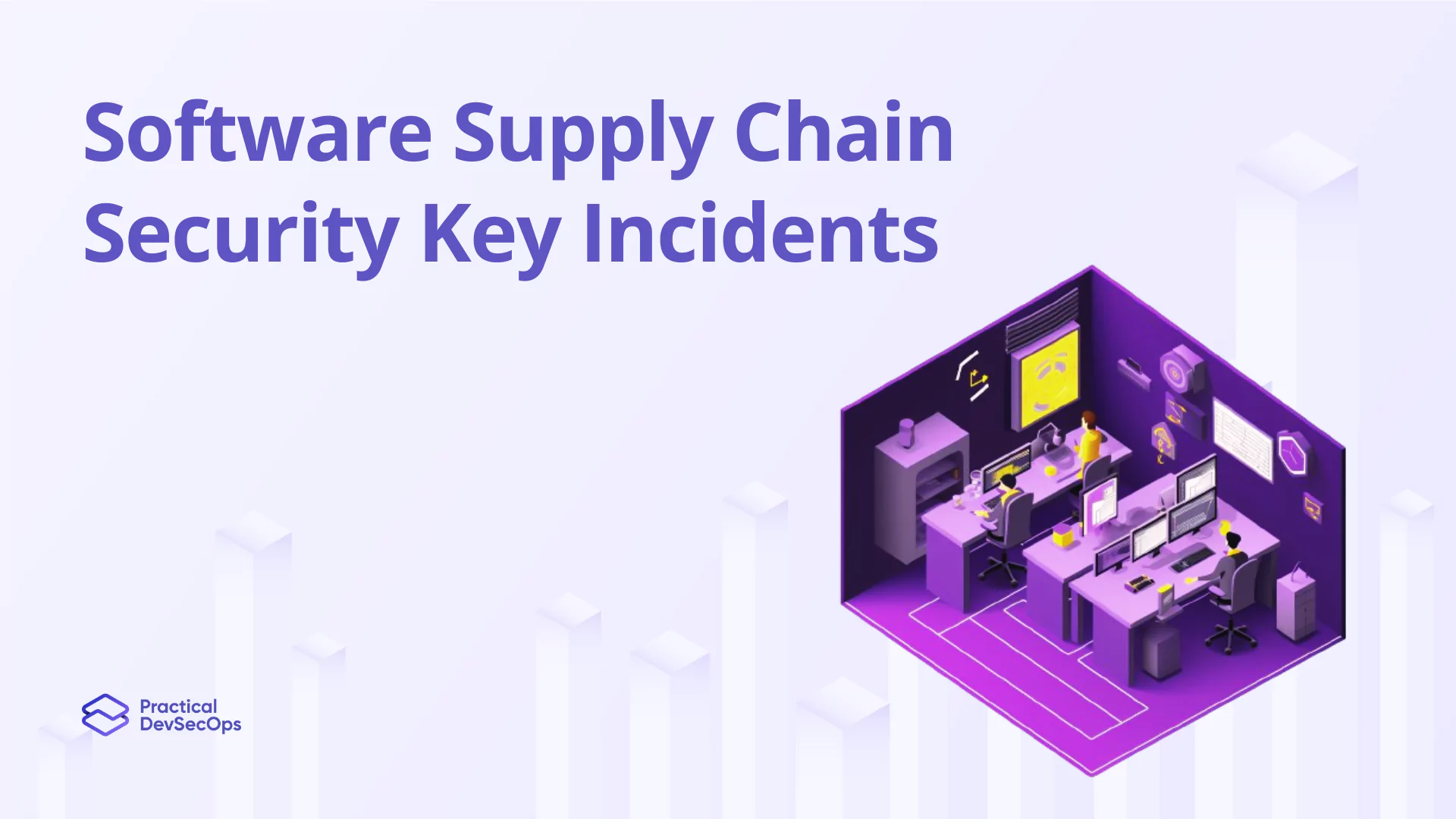Containerization has become a major trend in modern software development, and the need for secure containerization practices continues to grow. As a result, containerization certifications are in high demand as organizations seek qualified professionals to manage their containerized environments. In this article, we will discuss the top containerization certification in 2023.

Certified Container Security Expert (CCSE)
The Certified Container Security Expert (CSSE) course ranks among the best containerization certifications available for individuals interested in securing the container environment as part of agile/cloud/DevOps environments.
The course offers hands-on training through browser-based labs and 24/7 instructor support. Ample resources, including over 40 guided exercises, are available to ensure a comprehensive learning experience.
Best suited for: Security Professionals, Penetration Testers, IT managers, Developers, and DevOps Engineers.
Exam: 6-hour practical exam.
Validity: Lifetime
Container certification cost: 499 USD
The following topics are covered in depth in the CCSE course:
- Introduction to Containers
- Container Reconnaissance
- Attacking Containers and Containerized Apps
- Defending Containers and Containerized Apps on Scale
- Security Monitoring of Containers
Container Training Essentials
To learn containers and master containerization training, it’s crucial to start with the container basics. Whether you’re interested in learning containers on Linux or diving into Docker fundamentals, understanding the core principles of container technology, Docker plays a key role. Our Container Certification courses cover everything from Docker containers on Linux to containerization Linux, ensuring that participants receive a rounded education in container class and Docker class methods.
Certification in Docker and Linux
Achieving a certification in Docker demonstrates your capability in managing containers on Linux environments effectively. Our container certification is tailored to equip you with skills in both Docker and traditional Linux containers.
For those looking to deepen their knowledge, our containerization basics provide a solid foundation. We offer program container exercises that are specifically designed to enhance practical skills. For Linux enthusiasts, our containers on Linux and Linux container modules are particularly beneficial.
Red Hat Certified Specialist in Containers and Kubernetes
The Red Hat Certified Specialist in Containers and Kubernetes certification is another certification designed for professionals who want to demonstrate their knowledge of containers and Kubernetes.
Best suited for Developers, Administrators, Architects, Site reliability engineers
Exam: 2-hour practical exam
Certification prerequisite: Recommended to take the course – “Containers, Kubernetes and Red Hat OpenShift Technical Overview” or equivalent knowledge of Linux containers.
Validity: Not explicitly provided on the site
Container certification cost: Standard subscription $7,500 USD* per year or training units + taxes. + exam fees(Not explicitly provided on the site )
The following topics are covered in the course:
- Understand container and OpenShift architecture.
- Create containerized services.
- Manage containers and container images via basic diagnostic procedures.
- Create custom container images.
- Deploy containerized applications on Red Hat OpenShift.
- Deploy multi-container applications on Red Hat OpenShift.
Certified Cloud Native Security Expert (CCNSE)
The Certified Cloud-Native Security Expert (CCNSE) program stands out as a premier container certification tailored to individuals seeking to elevate their containerization expertise with a specific emphasis on Kubernetes security.
In addition to theory, the course offers hands-on training through browser-based labs.
The CCNSE course provides ample resources for students to excel in its 6 hour practical exams, such as 50+ guided exercises, 24/7 instructor support, and more.
Best suited for Security Professionals, Penetration Testers, Red Teamers, Application Security Engineers, IT managers, Developers, and DevOps Engineers.
Exam: 6 hour practical exam
Duration: Flexible
Validity: Lifetime
Container certification cost: 999 USD
The following topics are covered in depth in the CCNSE course:
- Cloud-Native Concepts and its Security
- Microservices Architecture
- Containers and Container Security
- Introduction to Kubernetes
- Hacking Kubernetes Cluster
- Kubernetes Authentication and Authorization
- Kubernetes Data Security
- Kubernetes Network Security
- Defending Kubernetes Cluster
Certified Kubernetes Security Specialist (CKS)
For those seeking a containerization course with a focus on grasping the fundamental aspects of Kubernetes security and desiring a short syllabus, the Certified Kubernetes Security Specialists certification is a good option.
However, before registering for the CKS exam, candidates must have a non-expired CKA certification.
To get certified, the candidates must take a 2-hour practical exam, but no labs are provided in the training.
Best Suited for DevOps Engineers, Software Engineers, and Site Reliability Engineers.
Exam: 2-hour practical exam
Validity: 2 Years
Certification prerequisite: Non-expired CKA certification
Container certification cost: 595 USD + an additional 595 USD for CKA
The following topics are covered in the CKS course:
- Cluster Setup
- Cluster Hardening
- System Hardening
- Minimize Microservice Vulnerabilities
- Supply Chain Security
- Monitoring, Logging, and Runtime Security
Also Read, CCNSE vs CKS
Certified Kubernetes Application Developer (CKAD)
The Certified Kubernetes Application Developer (CKAD) certification is designed for professionals who want to demonstrate their skills in developing applications for Kubernetes.
Best Suited for Administrators, Developers, and Engineers who want to engage in Kubernetes application development.
Validity: 3 Years
Container certification cost: 595 USD
The following topics are covered in the CKAD course:
- Application Design and Build
- Application Deployment
- Application Observability and Maintenance
- Application Environment, Configuration, and Security
- Services and Networking
Also Read, CKA vs CKAD
Conclusion
Containerization certifications are in high demand in today’s job market, and the certifications discussed in this article are among the most popular and respected in the field. Earning a containerization certification can help you demonstrate your skills and knowledge in this fast-growing field, making you a more valuable asset to your organization. Whether you’re a security professional looking to improve your container security skills or a developer looking to learn more about containerized application development, these containerization certifications are a great way to enhance your career prospects.
Don’t miss out on becoming a container security Expert. Enroll in our Container Security certification course and gain real-world practical expertise from industry leaders.
Also Read, Best Kubernetes Certification in 2023






0 Comments